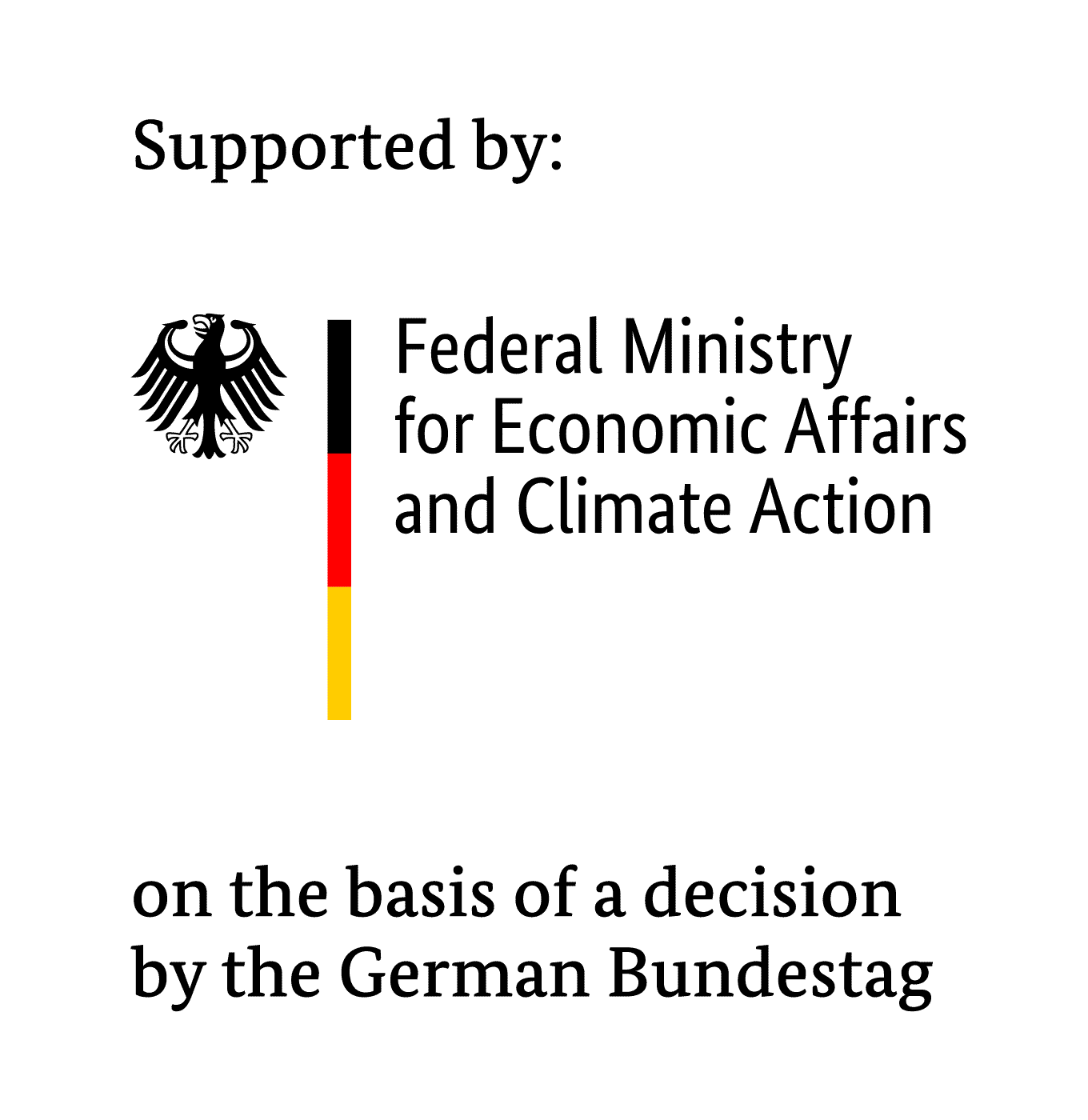Projectname:
Economic & technological qualification of metallic 3D printing for hygienic application in plants of the food and pharmaceutical industry 2
Workgroup: Hygienic production
Research Partner and Scientific Guidance:
IGF: 20680 BR
Financing: BMWK
Duration: 2023 – 2025
Metal 3D printing has established itself as an alternative manufacturing process in industries such as aerospace. It is hardly used in the food and pharmaceutical industries, mainly due to uncertainty about hygienic risks caused by poor surface qualities. In order to counter this, initial important steps were achieved in the previous project: 3D printing strategies were optimized, suitable post-processing methods for reducing surface roughness were verified, and macrostructures that promote cleaning were identified. The results for components with a nominal diameter of DN25 are promising. However, the surface quality achieved is not yet sufficient for highly sensitive applications. The use of support structures and the substitution of the circular cross-section by a teardrop shape are further challenges.
These obstacles to the use of 3D printing in hygiene-critical applications are to be removed in a follow-up project. To this end, three main research strands are being pursued. Fraunhofer IWU is working on the further development of cathode-based, electrochemical post-processing of 3D-printed components with small internal diameters. In a second strand, a test method for evaluating cleanability for small internal cross-sections is developed at the Fraunhofer IVV. The third research strand involves optimizing the surface topology of complex flow-through components with the aid of numerical flow simulations, also at the Fraunhofer IVV. This is accompanied by continuous experimental evaluation of the surface topology and cleanability of the further developments. Finally, the research results are validated on an application-oriented assembly in a laboratory and industrial environment.
The result of the project will be the validation of additive manufacturing processes, in particular laser beam melting, for the production of arbitrarily shaped stainless steel internal geometries that are difficult or impossible to produce conventionally in a quality required for hygienically sensitive areas. This enables the broad application of metal 3D printing for the efficient and cost-effective production of small batches, customized products and spare parts.

The IGF project presented here by the Research Association of the Industrial Association for Food Technology and Packaging (IVLV e.V.) is funded by the Federal Ministry for Economic Affairs and Climate Action as part of the program for the promotion of industrial community research (IGF) based on a decision of the German Bundestag.